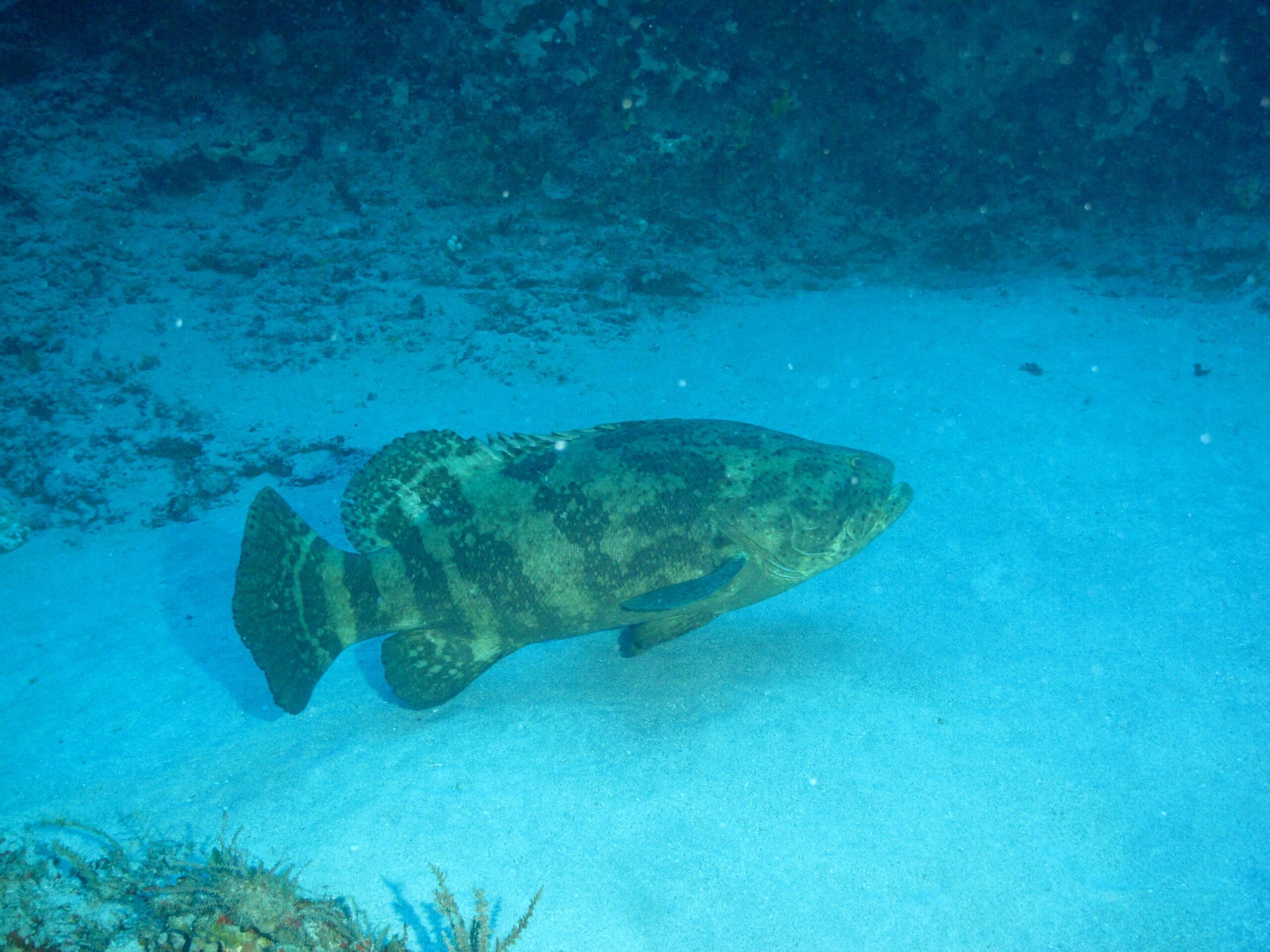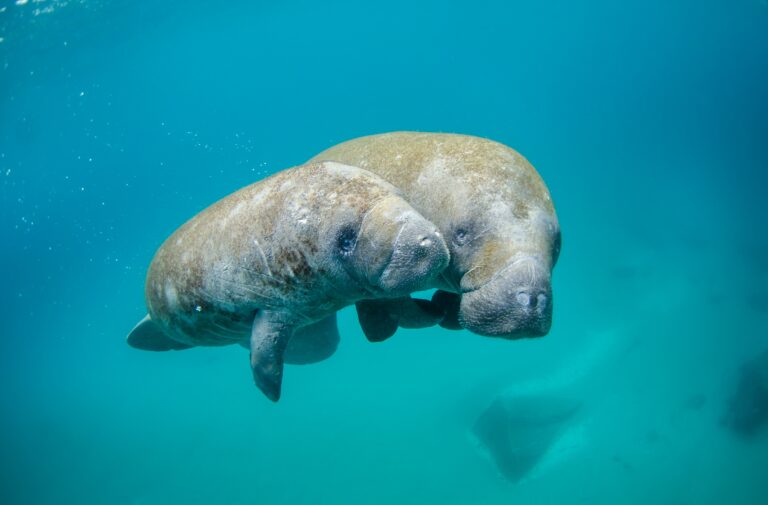Introduction
Beneath the waves, in the mysterious depths of the world’s oceans, lies a realm inhabited by some of the most enigmatic and fascinating creatures – the deep-sea cephalopods. From the elusive giant squid to the mesmerizing bioluminescent octopus, these beings are not only marvels of evolution but integral components of the intricate web that sustains life in the abyss. Join us on a journey into the depths as we explore the need for conservation measures to protect these unique deep-sea cephalopod species from the encroaching threats that jeopardize their existence.
Biodiversity of Deep-Sea Cephalopods: Unveiling the Enigmatic Underwater World
The exploration of deep-sea ecosystems has revealed a stunning array of cephalopod species, each uniquely adapted to the extreme conditions of the ocean depths. From the elusive giant squid to the mesmerizing vampire squid, these creatures represent a significant portion of the biodiversity in the abyssal regions. Their diverse sizes, shapes, and behaviors contribute to the rich tapestry of life in the deep sea. Understanding the intricacies of deep-sea cephalopod biodiversity is crucial for unraveling the mysteries of these largely unexplored environments.
Ecological Significance: Guardians of Deep-Sea Equilibrium
Deep-sea cephalopods play a vital role in maintaining ecological balance within their habitats. As predators, they regulate the population of various marine organisms, preventing the unchecked proliferation of certain species. The finely tuned interactions between cephalopods and their prey contribute to the delicate equilibrium of the deep-sea ecosystem. Additionally, the life cycle of cephalopods, with their short lifespan and rapid reproduction, further influences the dynamics of the food web in these remote oceanic realms. Preserving the ecological significance of deep-sea cephalopods is paramount to ensuring the overall health and stability of deep-sea ecosystems.
Interconnectedness with Other Marine Life: A Symphony of Interactions
The deep-sea cephalopods are not isolated entities but are intricately connected with other marine life forms in a complex web of interactions. They serve as a crucial link in the food chain, both as predators and prey. Numerous species, ranging from fish to marine mammals, depend on cephalopods as a primary food source. The symbiotic relationships and dependencies that emerge from these interactions highlight the importance of preserving the entire deep-sea ecosystem. Studying the interconnectedness of deep-sea cephalopods with other marine life provides valuable insights into the broader ecological dynamics of these remote and mysterious environments.
Human-Induced Threats: Overfishing and Habitat Destruction
Deep-sea cephalopods face significant threats from human activities, with overfishing and habitat destruction at the forefront. Over the years, advancements in deep-sea fishing technologies have led to increased exploitation of these unique marine creatures. Cephalopods, including squids and octopuses, are sought after for their commercial value in various industries, including the culinary sector and the production of pharmaceuticals. Unfortunately, this heightened demand has resulted in overfishing, depleting cephalopod populations and disrupting the delicate balance of deep-sea ecosystems.
In addition to overfishing, habitat destruction poses a grave threat to these remarkable creatures. The use of destructive fishing practices, such as bottom trawling, can irreversibly damage the seabed and the complex habitats where cephalopods reside. These animals rely on the deep-sea environment for breeding, shelter, and foraging. Consequently, the alteration or destruction of their habitats not only directly affects their survival but also has cascading effects on the entire ecosystem, impacting other marine life dependent on these environments.
Climate Change and its Impact on Deep-Sea Ecosystems
Climate change poses another formidable threat to deep-sea cephalopods and their habitats. The oceans, including the deep-sea, are experiencing changes in temperature, acidity, and oxygen levels due to climate change. These alterations have profound effects on the distribution and abundance of cephalopod populations. As temperature-sensitive organisms, cephalopods may face challenges in adapting to the changing climate, leading to shifts in their geographic ranges and potential declines in their numbers.
Furthermore, climate change-induced events, such as ocean acidification, can affect the physiology of cephalopods, potentially hindering their growth and reproduction. The intricate balance of the deep-sea ecosystem is disrupted, making it increasingly challenging for these creatures to thrive in their natural environments.
Vulnerability Due to Unique Habitats
Deep-sea cephalopods are particularly vulnerable due to the uniqueness of their habitats. These creatures often inhabit extreme environments characterized by high pressures, low temperatures, and scarce food resources. Their specialized adaptations to these conditions make them highly susceptible to disturbances. Human-induced threats and climate change pose even greater risks as cephalopods may struggle to cope with rapid environmental changes, compromising their ability to survive and reproduce.
Conservation Initiatives and Research Efforts
In recent years, there has been a growing awareness of the need to protect deep-sea cephalopods, an intriguing group of marine creatures that include squids, octopuses, and cuttlefish. Various conservation initiatives are underway globally to better understand and safeguard these fascinating cephalopods. One such initiative is the Deep-sea Conservation Program, which brings together scientists, environmentalists, and policymakers to develop strategies for the sustainable management of deep-sea ecosystems.
Researchers are employing advanced technologies such as remotely operated vehicles (ROVs) and autonomous underwater vehicles (AUVs) to study deep-sea cephalopods in their natural habitats. These tools allow scientists to observe their behavior, reproduction patterns, and interactions with other species. Additionally, genetic studies help unravel the mysteries of their population structure and connectivity across different ocean regions. Collaborative efforts between marine biologists, oceanographers, and geneticists are crucial for acquiring a comprehensive understanding of these elusive creatures.
Collaborative Research Efforts to Understand Behavior and Ecology
To gain deeper insights into the behavior and ecology of deep-sea cephalopods, collaborative research efforts are bringing together experts from various fields. Behavioral ecologists are working alongside marine biologists to investigate the mating rituals, feeding habits, and migration patterns of these creatures. Understanding the ecological roles of cephalopods in deep-sea ecosystems is essential for designing effective conservation strategies.
Cutting-edge technologies, such as animal-borne data loggers, are being deployed to track the movements of individual cephalopods over extended periods. This collaborative approach not only enhances our knowledge of their behavior but also sheds light on the intricate relationships they share with their environment. By combining expertise and resources, researchers can address the multifaceted challenges associated with deep-sea cephalopod conservation.
The Role of Marine Protected Areas in Safeguarding Habitats
Marine protected areas (MPAs) play a crucial role in preserving the habitats of deep-sea cephalopods. These designated zones provide a haven where these species can thrive without the immediate threats posed by human activities such as deep-sea mining and overfishing. By establishing MPAs in key deep-sea regions, conservationists aim to protect critical breeding grounds and migration routes.
Additionally, the implementation of MPAs facilitates long-term monitoring of deep-sea cephalopod populations, contributing valuable data for ongoing research initiatives. The collaboration between conservation organizations, governments, and local communities is essential for the effective establishment and management of these protected areas. As we continue to uncover the mysteries of the deep-sea, the role of MPAs becomes increasingly significant in ensuring the survival and well-being of these remarkable cephalopods.




